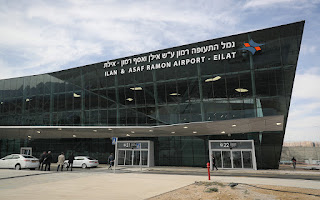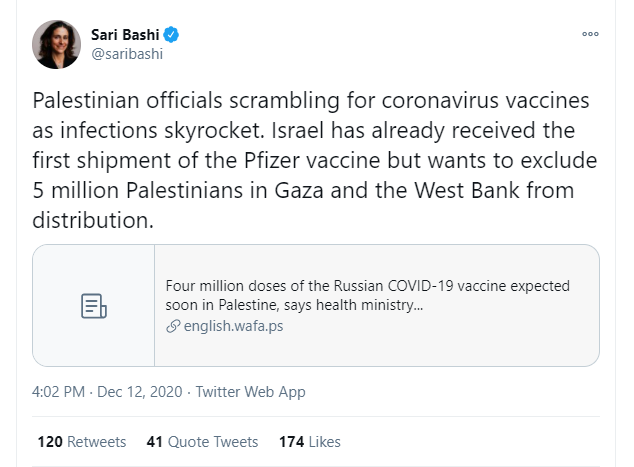In Their Words: Mental Health Professionals in Gaza on Treating the Effects of Closure“There’s a clear link between the Israeli closure and the grave state of mental health in Gaza. The closure is like a drop of ink in a pool of water, spreading everywhere, touching everything.”Nedaa Murtaja, psychologist, GazaFor decades, Israel has enforced restrictions on movement to and from the Gaza Strip, which it tightened to the point of closure in 2007.....In late 2021, Gisha and the Gaza Community Mental Health Programme (GCMHP) convened a group of mental health professionals and representatives of organizations working in the field in the Strip. The purpose of the meeting was to discuss the effects of Israel’s closure on mental health, as well as the challenges therapists and care specialists face as residents living under closure in Gaza themselves.What follows is a summary of the observations made by participants in the discussion.The number of Palestinians in need of psychological care or assistance in Gaza has climbed dramatically in recent years. According to various studies, between 15% and 30% of individuals living in Gaza develop post-traumatic stress disorders (PTSD).“This means there are at least 300,000 people in Gaza living with PTSD, and likely many more,” says Qusai Abuodah, director of resource development and public relations at GCMHP.A central outcome of the closure enforced by Israel has been a high prevalence of poverty and unemployment in the Strip. Economic hardship elevates stress levels among the general population.Khitam Abu Shwareb, a social worker at GCMHP, emphasizes the inextricable link between people’s economic reality and their mental health. “Restrictions imposed by Israel on entry of goods and raw materials into Gaza not only disrupt entire economic sectors, they also lead to price hikes inside the Strip, with direct impact on our mental stability.”“Long-term mental stress leads to severe anxiety disorders and further undermines quality of life, which, in Gaza, is already far from meeting accepted international standards,” Osama Frina, a psychologist at GCMHP, explains. “Anxiety sometimes transforms into physical pain and suffering. The physical suffering, added to frustration and despair, often leads people to experience deep depression, which, unfortunately, also manifests in an increasing suicide rate.”“The depression experienced by residents of Gaza is not depression in its classic, conventional sense,” says Hassan Zeyada, a psychologist at GCMHP.“Palestinian depression is different. Gaza’s entire society is in a constant state of high level of chronic stress and ongoing trauma. The Israeli closure and travel restrictions on Gaza affect everyone, without exception. The prevailing feeling among Gaza’s population is one of helplessness and hopelessness. This situation did not appear out of thin air: It is the result of a deliberate process designed to induce a state of helplessness to weaken the resilience of both individuals and society in Gaza.”
In the West Bank and Gaza Strip, one in three women who have ever been married are subjected to physical violence by their husbands and one in seven of never married women by a household member.
UNICEF adds:
Domestic violence levels are also high in 2014 MICSs (PCBS) study, confirming that 93 per cent of children aged 2 to 14 years experienced violent disciplining at home, and 23 per cent of children experienced severe physical punishment. Pervasive and harmful social norms including child marriage, child labour, sexual violence and gender-based violence are issues of great concern.
|
Or order from your favorite bookseller, using ISBN 9798985708424. Read all about it here! |

|

 Elder of Ziyon
Elder of Ziyon


























.jpg)




